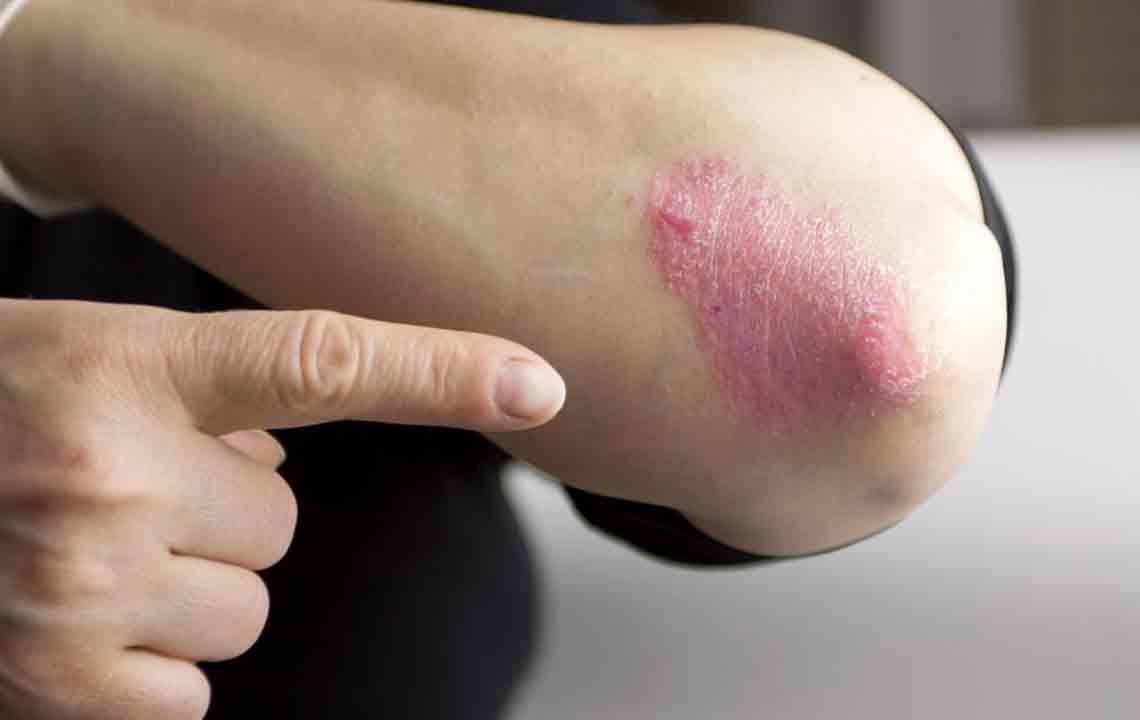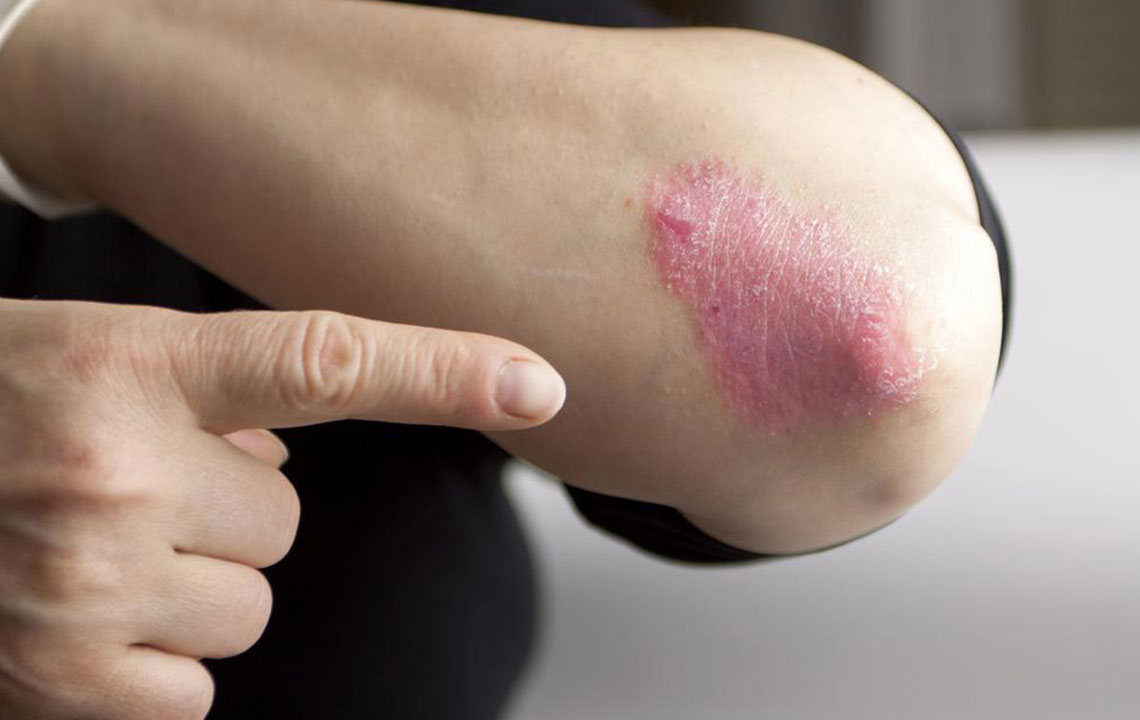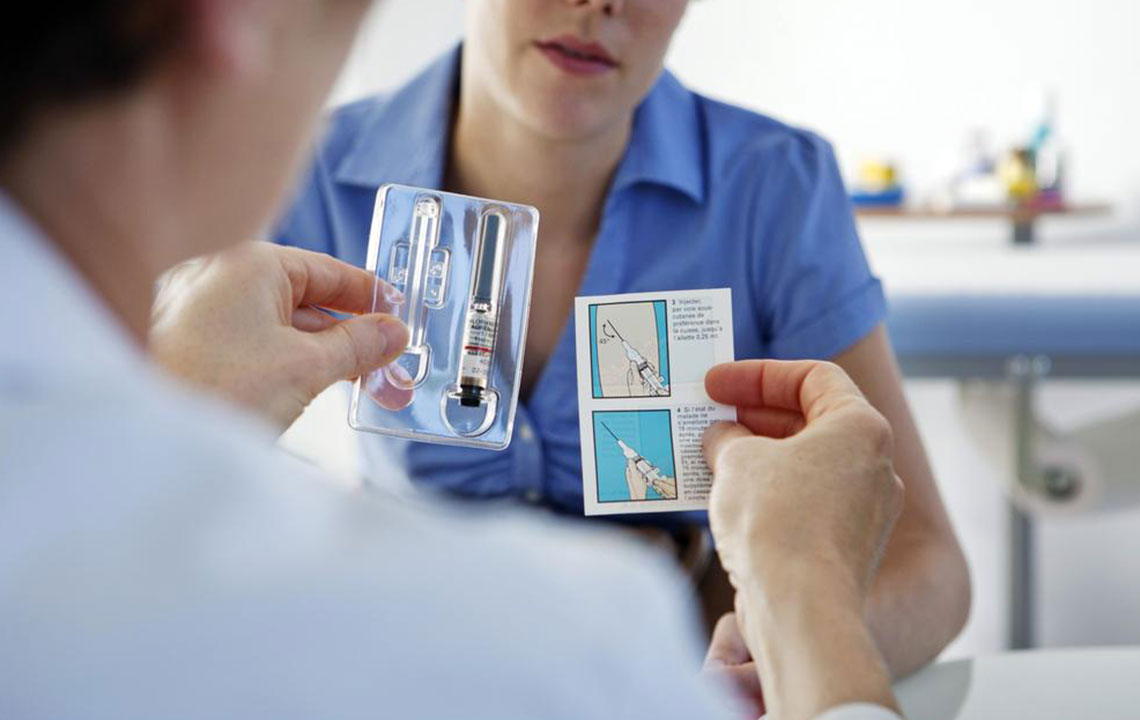Effective Strategies for Managing Psoriasis Symptoms
Explore effective treatment options for psoriasis, including topical medications, phototherapy, and lifestyle tips. Understand how customized therapies can manage symptoms and improve quality of life. Always consult a healthcare professional for personalized advice.

Effective Strategies for Managing Psoriasis Symptoms
Managing Psoriasis: Available Treatment Options
Psoriasis is a chronic skin condition characterized by red patches, itching, and thick, silvery scales. While there isn’t a permanent cure, various treatments aim to alleviate symptoms. The choice of therapy depends on the severity and individual response to treatment.
Here’s an overview of common psoriasis treatments.
Topical treatments for psoriasis
These are medications applied directly to affected skin areas, providing a safe and targeted approach.
Since psoriasis varies among individuals, different topical options may be necessary to find the most effective solution.
Some medications may be combined, while others should not be used together due to potential interactions.
Medications under topical treatment include corticosteroids for mild symptoms to reduce inflammation and itching. Vitamin D analogs like calcipotriene help slow skin cell growth. Other options include antimalarial drugs such as anthralin, which smooths skin by removing scales, and retinoids derived from vitamin A to decrease inflammation. Salicylic acid, available over the counter, helps remove scales and promotes skin shedding, often used with other treatments. Coal tar reduces scaling and inflammation, while moisturizers help soothe dry, itchy skin.
Sunlight therapy (phototherapy)
Ultraviolet (UV) light, especially within 290-400 nm, can modify immune responses and improve psoriasis symptoms.
This therapy is ideal for extensive psoriasis not responding well to topical treatments and covers more than 5-10% of the body’s surface.
Controlled exposure to natural daylight or specialized UV light sources can reduce cell turnover, decreasing scales and inflammation.
Proper guidance is essential to safely utilize sunlight for psoriasis management.
UV-B light therapy specifics
Controlled doses of UVB light are used to treat mild to moderate psoriasis, including widespread or resistant patches.
Side effects may include redness and dryness, which can often be mitigated with topical moisturizers.
Narrowband UV-B therapy, a more powerful form, is often employed multiple times weekly to reduce symptoms effectively.
Some treatments combine UVB with coal tar, known as Goeckerman therapy, enhancing absorption and efficacy.
Possible side effects
Skin irritation or dermatitis
Headaches
Skin thinning or atrophy
Potential infections or reactions










